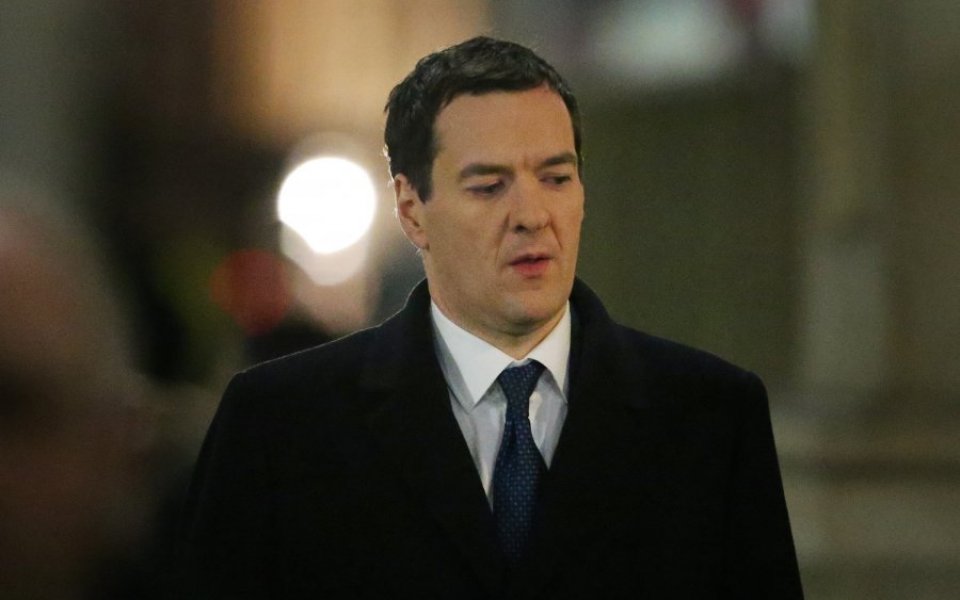Autumn Statement 2015: By protecting science, the chancellor has backed business

In his spending review announcement yesterday, George Osborne said “one of the best ways you can back business is by backing science”. And he’s right. Research shows that every public pound invested in science boosts private sector R&D output by 20p per year, every year. Not only that, but investment in science results in the development of highly skilled scientists and engineers who go on to work in the UK.
But it’s not just about business – all the evidence points to investment in science bringing about significant financial returns, as well as the creation of high-value jobs and an increase in productivity. It catalyses economic growth in nearly all areas of society, including education, security and health.
I’m therefore delighted that amid some major government cuts, the chancellor is backing science. He has delivered real-term maintenance of investment in this area, and we can look forward to a decade of support for an industrial strategy, cash protection for innovation funding, protection of funding for high-cost subjects in higher education, and some much needed protection for adult skills funding. This is good news for science in the UK, and therefore good news for business and the wider society.
The chancellor announced some serious cuts to spending across government, although perhaps not as heavy as some feared. In that context science has fared spectacularly well. But the reality is that R&D investment is done on a global stage. It isn’t about relative investment compared to other areas of spend in Whitehall, but compared to our international peers.
The statement has brought a very welcome halt to years of decline in the spending power of the science budget. But in a world where other nations are increasing their investment year on year, questions remain about the UK’s ability to maintain its status as a science world-leader in the long-term. Losing our international standing would mean we'd also lose out on inward investment from global companies, talented scientists and engineers choosing to build their career here and being ahead of the curve in the development of new technologies and new industries.
There are still many question marks remaining over precisely what the chancellor's announcements will mean for science, and indeed for the many businesses and industries that depend on science and engineering research. But it is encouraging on many counts to see that the government has listened to the science community and made an evidence-based decision to back science and engineering in yesterday's Spending Review.